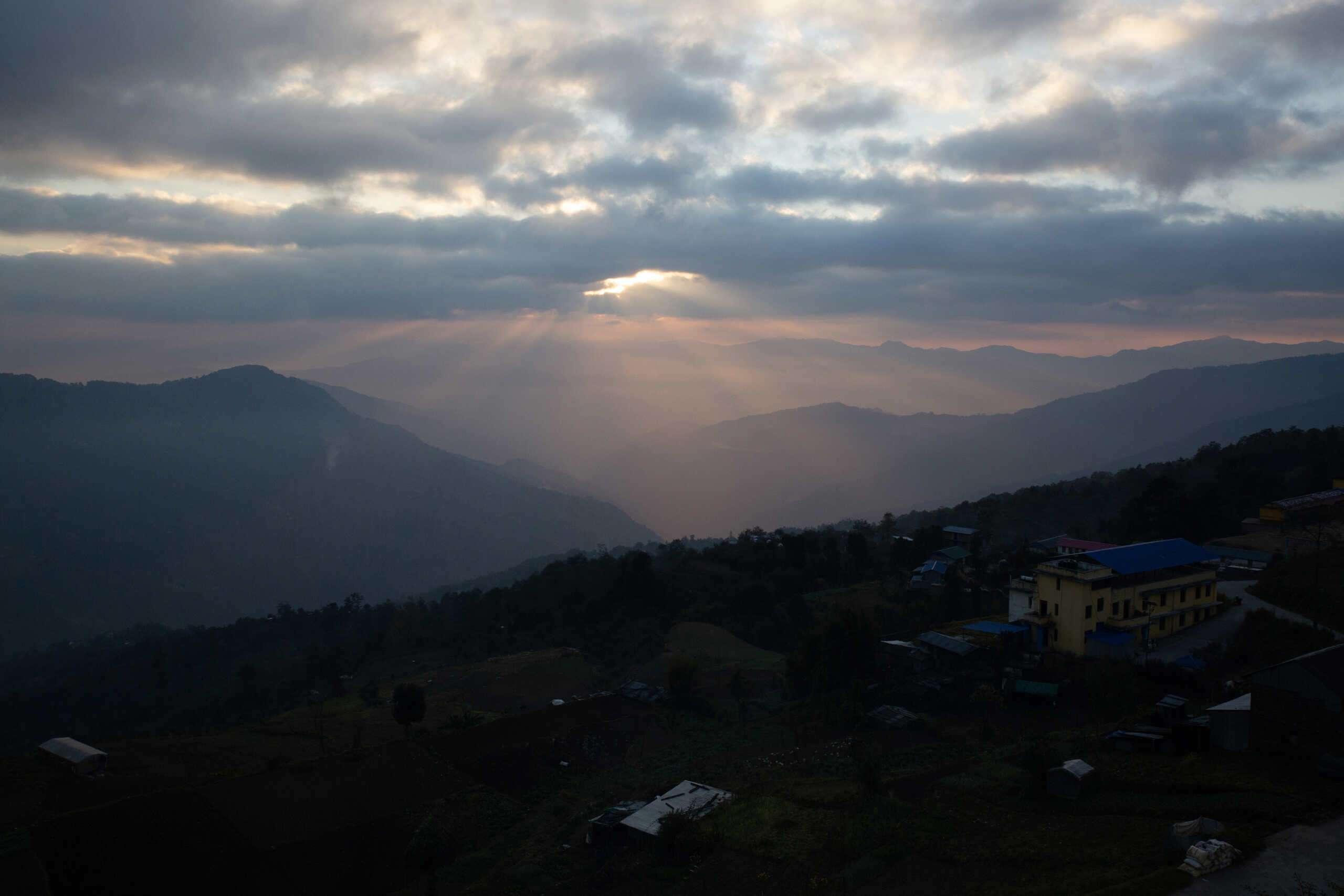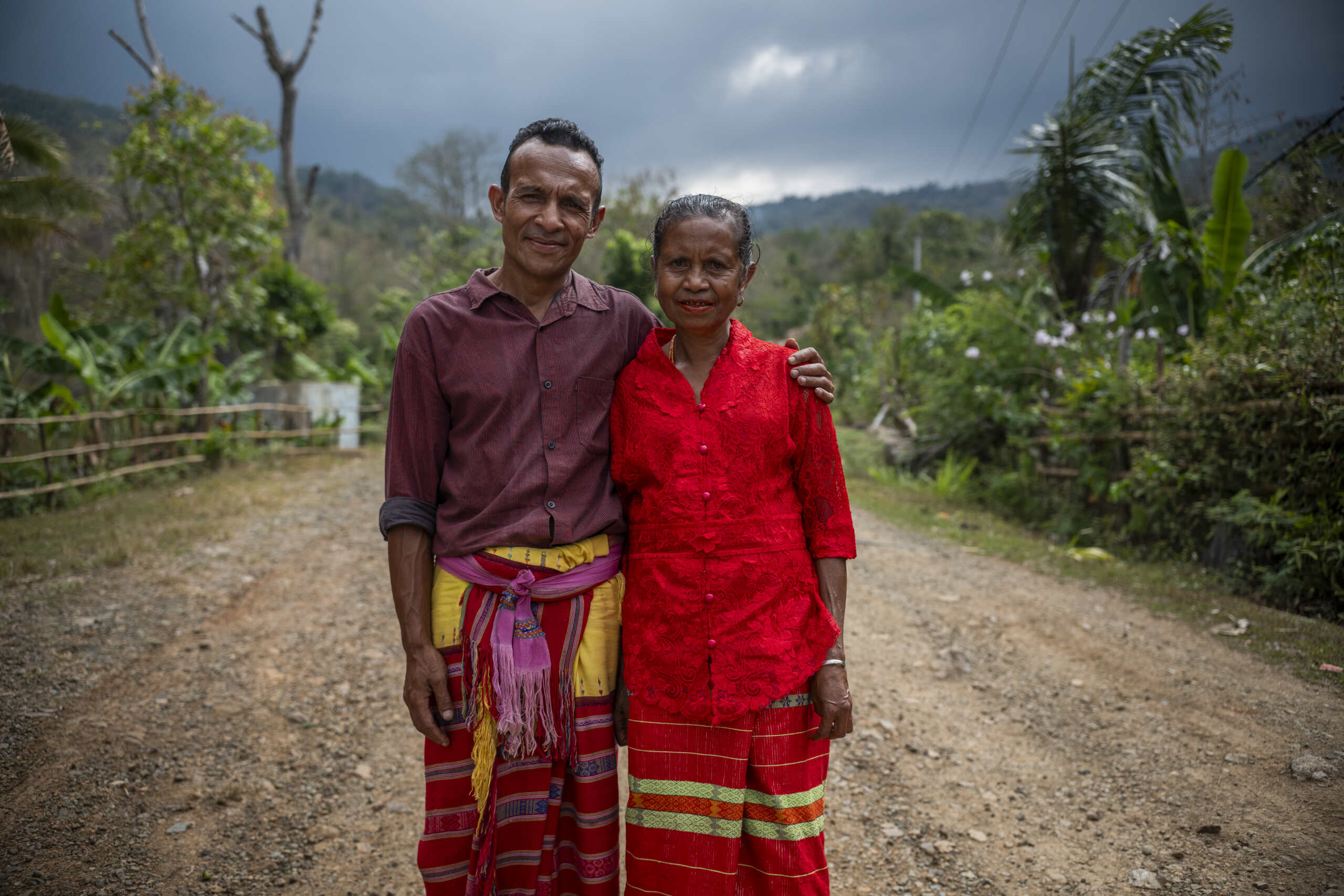Time to end obstetric fistula
Fistula, Stories | April 30, 2024
Obstetric fistula is a health condition affecting between 50,000 and 100,000 women worldwide each year.
Although largely preventable, it often has life threatening consequences for women in some of the poorest countries in the world. Left untreated, it often leaves women with incontinence issues and can lead to other medical conditions, depression, and is associated with shame and stigma.
On May 23rd, please join CBM in raising awareness of this preventable and treatable condition by celebrating the United Nations’ International Day to End Obstetric Fistula.
CBM Australia have been supporting partners in Nigeria to improve access of women and girls, including women and girls with disabilities, to quality maternal and reproductive health services, with the aim of eliminating obstetric fistula.
This is especially important given that Nigeria has the world’s highest rates of fistula with over half a million women living with this life-altering condition.
One person to benefit from this project is Barira, a young woman with a disability who developed obstetric fistula after giving birth to her fourth child. Married to a man with a disability, Barira found it difficult to cope with the effects of obstetric fistula, which included incontinence, and so returned to live with her parents.
With support from CBM’s project, Barira was able to access free fistula repair surgery at one of Nigeria’s national health facilities. In addition to improving the capacity of health services to deliver maternal and child health services, the CBM supported project also works with the government, health services, media and civil society organisations, including people with disabilities, to increase understanding of inclusive sexual and reproductive health and rights. This is done through various training sessions and community awareness raising activities, such as meetings, outreach programs and radio messages.
Barira’s operation was a success. She is happy that the fistula has healed and no longer lives with incontinence.
CBM acknowledges the support of the Australian Government through the Australian NGO Cooperation Program (ANCP)
https://www.cbm.org.au/stories/time-to-end-obstetric-fistula
Related Stories

Building inclusive, climate resilient communities in Bangladesh
Highlights from DFAT Post’s visit In January 2026, representatives from the Australian High Commission in...

Week 1 – Lent series 2026
As we enter the season of Lent, we’re taking time as a community to pause, reflect, and draw closer to the heart of God. Lent invites...

How CBM is making a difference in Indonesia
For more than 45 years, CBM Global has been working alongside communities in Indonesia to ensure people with disabilities...
